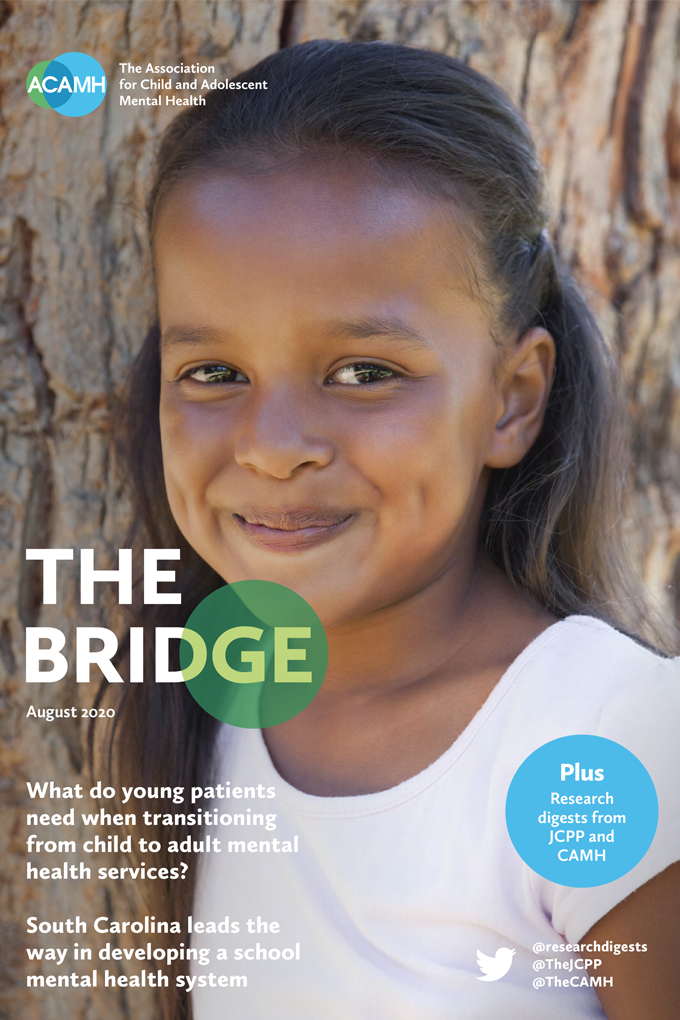This month there has been a renewed focus on the impact of institutional care on children’s development and mental health, following publication of the Lancet Group Commission on this subject.1
Sadly, millions of children worldwide live in institutions, typically with inadequate care and high risk of maltreatment. While this number appears to have decreased in some countries in recent years, it seems to have increased in other countries over the past three decades, largely due to HIV and other humanitarian crises. Children who grow up in institutional settings often experience delayed physical and cognitive development, and poor mental health. But children who soon leave institutional care to live with foster families may recover, particularly in relation to growth and cognition. These striking observations are consistent with the hypothesis that institutionalisation might cause adverse outcomes. However, it is also important to consider an alternative possibility of confounding by pre-existing risk factors – that is, children at risk of developmental delays (e.g. because of disability) may be more likely to enter institutional care and less likely to leave. A unique study, the Bucharest Early Intervention Project (BEIP), provides the strongest test of a causal relationship between institutional exposure and adverse outcomes, because institutionalised children were randomly assigned to high-quality foster care or to remain in their institution. Thus the benefits of deinstitutionalisation can be investigated without confounding by pre-existing vulnerabilities. This important study provided key evidence enabling the Lancet Group Commission to conclude that institutionalisation is likely to have direct effects on children’s development and mental health, and that deinstitutionalisation can lead to significant improvements.2 This issue of The Bridge includes an article which describes the most recent findings from the BEIP on the effects of institutionalisation and deinstitutionalisation of children on their social communication and psychopathology. Do take a look for more information.
On the basis of this compelling evidence, the Lancet Group Commission has advocated for an urgent reduction in institutionalisation and an increase in safe and nurturing family-based care of children. They provided policy recommendations to prioritise the role of families, and integrate global, national, and local initiatives to strengthen families and child protection systems to create sustainable change.3 In his recent ACAMH blog, Professor Edmund Sonuga-Barke, chair of this commission, commented that these recommendations need to “impact the grass roots in order to transform the lives of children, their families and communities. The long road of dissemination-to-implementation starts now”. Let’s hope this impressive momentum continues and is translated into positive action.
Please read on to learn more about the latest research in this area, in addition to research on several other important child and adolescent mental health topics.
Further information
Article in this issue of The Bridge, ‘Early deprivation is linked to long-term social communication difficulties’
Professor Edmund Sonuga-Barke’s ACAMH blog, ‘Shining a light on the injustice of institutionalization and the damage it causes to children – to promote care reform across the globe’
References
- Boyce N, Godsland J, Sonuga-Barke E. Institutionalisation and deinstitutionalisation of children: the Executive Summary from a Lancet Group Commission. The Lancet Child & Adolescent Health 2020; 4: 562–3.
- van IJzendoorn MH, Bakermans-Kranenburg MJ, Duschinsky R, et al. Institutionalisation and deinstitutionalisation of children 1: a systematic and integrative review of evidence regarding effects on development. The Lancet Psychiatry 2020; 7: 703–20.
- Goldman PS, Bakermans-Kranenburg MJ, Bradford B, et al. Institutionalisation and deinstitutionalisation of children 2: policy and practice recommendations for global, national, and local actors. The Lancet Child & Adolescent Health 2020; 4: 606–33.
-
Research Digests
- Are school-based interventions for depression and anxiety symptoms effective?
- Can population registry data predict which children with ADHD are at risk of later substance use disorders?
- Depressed mood, inattention and worry might influence the risk for other symptoms in youth
- Do we remember more when learning before bedtime?
- Does DNA methylation link sleep disturbances to mental health problems?
- Early deprivation is linked to long-term social communication difficulties
- Harnessing the potential of digital technology for remote interventions with young people
- ICD-10 versus ICD-11: the effects of PTSD diagnoses
- Implementing mental health support in schools faces many challenges
- Is neurocognitive functioning linked to a family history of a suicide attempt?
- South Carolina leads the way in developing a school mental health system
- What do young patients need when transitioning from child to adult mental health services?

